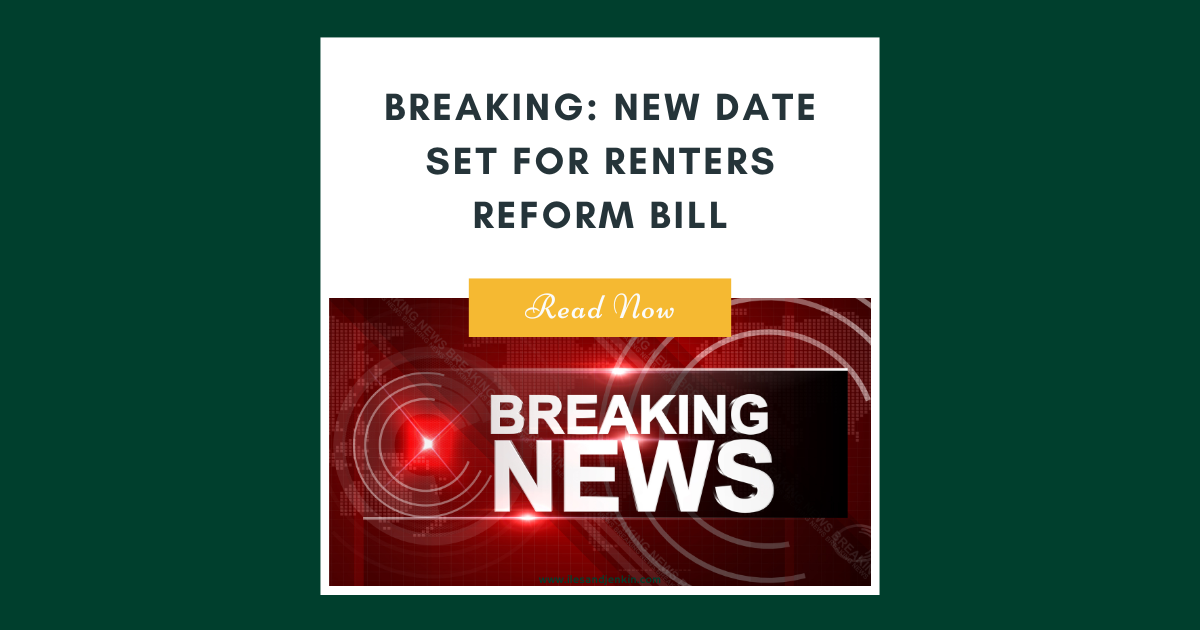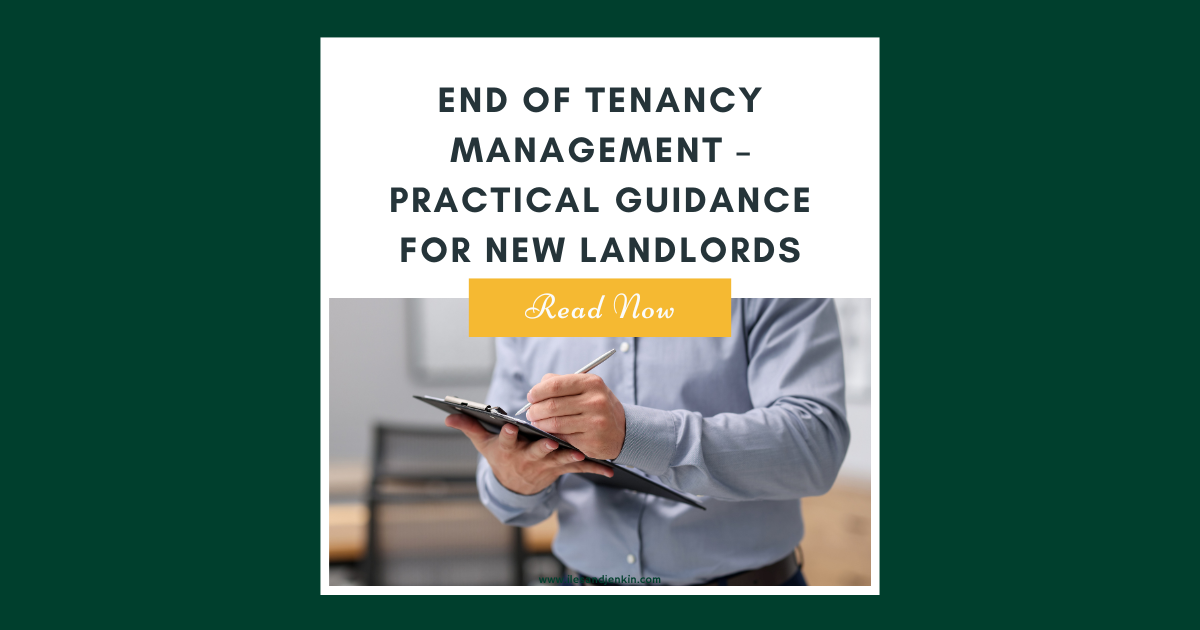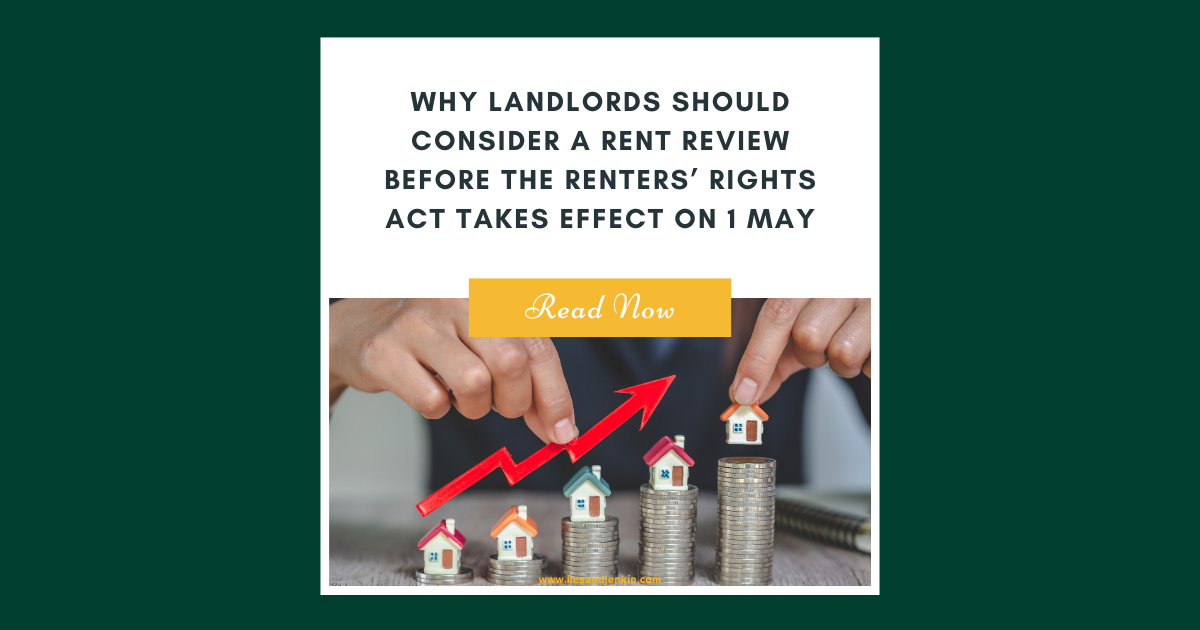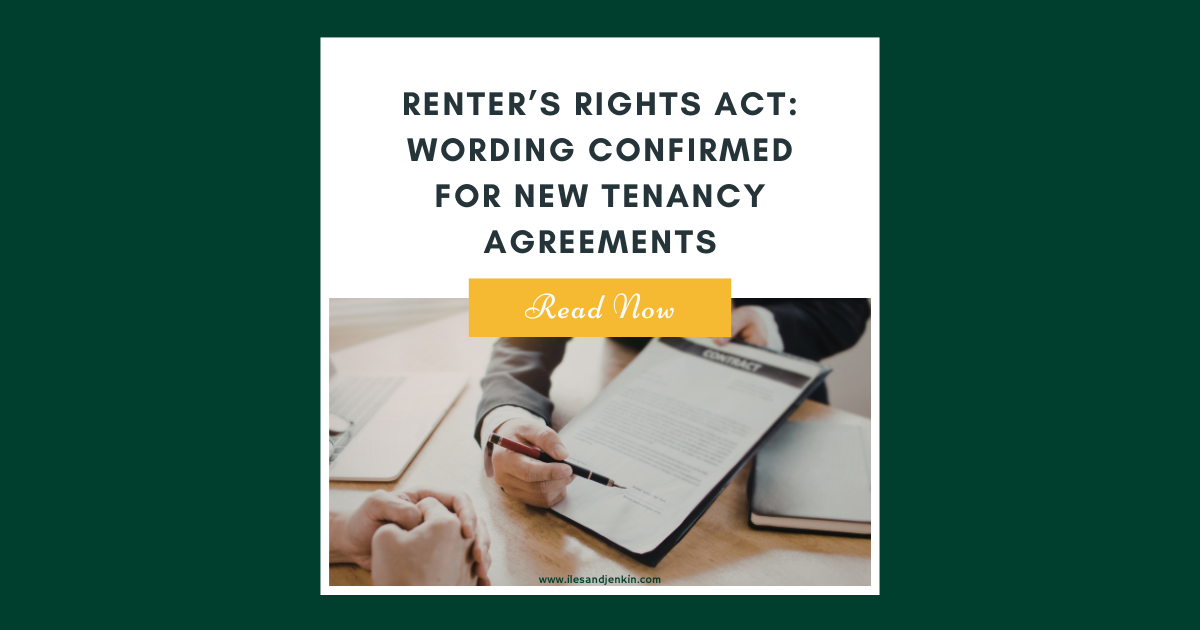🏡 Renters’ Rights Bill: The Key Decisions Landlords Need to Watch
The Renters’ Rights Bill is now in its final stages. From 8 September 2025, it enters what’s known as the “ping-pong stage” — where the Bill bounces between the House of Commons and the House of Lords until both agree on the final wording.
For landlords, this means some of the most important details are still being decided. Here’s a breakdown of the big issues to keep an eye on:
1️⃣ Student Tenancies (Ground 4A)
One of the most debated areas has been around student lets.
An amendment has expanded Ground 4A to cover one- and two-bed student lets, not just traditional HMOs.
This means landlords renting to students should be able to regain possession when the academic year ends, helping to keep the cycle of student lets moving.
👉 However, this decision is not final and could still face challenges before the Bill is passed.
2️⃣ Advance Rent Payments
The government has proposed a cap of one month’s rent in advance.
While this is intended to make renting fairer for tenants, landlords have raised concerns about cases where tenants have no guarantor or limited credit history.
For now, it looks likely that the one-month cap will remain.
3️⃣ Bidding Wars Banned
Under the new rules, landlords and agents must advertise a set asking rent — and it will be illegal to accept offers above that figure.
This aims to stop competitive bidding that drives rents up unfairly.
Tenants will know the asking rent is the final figure, providing more transparency.
4️⃣ Notice Periods & ‘No Re-Letting’ Rule
Notice periods are set to change, with most grounds requiring either four weeks or four months’ notice.
For cases where landlords reclaim a property to sell or to move in themselves, there will also be a ‘no re-letting period’ of six to twelve months.
This is designed to prevent misuse of these grounds and ensure landlords act in good faith.
5️⃣ Rent Reviews and Tribunals
Rent increases will be tightly regulated:
They can only be made once every 12 months.
A standard government-issued template will need to be used when notifying tenants of a rent rise.
If a tenant disputes the increase, the case can be referred to a tribunal, which will judge based on the market rate.
✅ What This Means for Landlords
The Renters’ Rights Bill is one of the most significant shake-ups the private rented sector has ever seen. While some decisions are still being finalised, it’s clear that:
Landlords will need to be more transparent and follow stricter processes.
Rent reviews and possession claims will face tighter controls.
Planning ahead — especially for student lets or sales/move-in situations — will be essential.
We’ll continue to monitor every stage of the Bill and keep you updated with clear, practical advice on what it means for you as a landlord.
✉️ If you’d like to be kept up to date with landlord news, make sure you follow us on social media or contact us to be added to our mailing list.



 By
By 
 posted by
posted by 


Share this with
Email
Facebook
Messenger
Twitter
Pinterest
LinkedIn
Copy this link